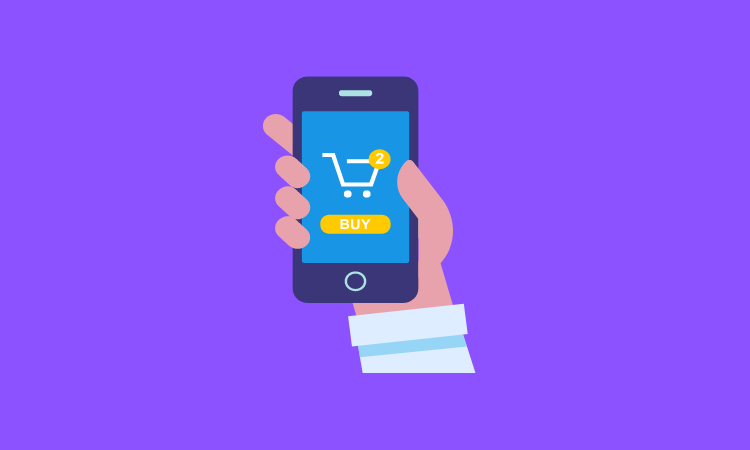Member Exclusive
Buy now, regret later? The tricky relationship between BNPL and credit ratings
- As BNPL use has surged through the pandemic, consumers’ credit scores have taken a significant hit.
- Research shows more than a third of BNPL users have fallen behind on their payments and hurt their credit score.








